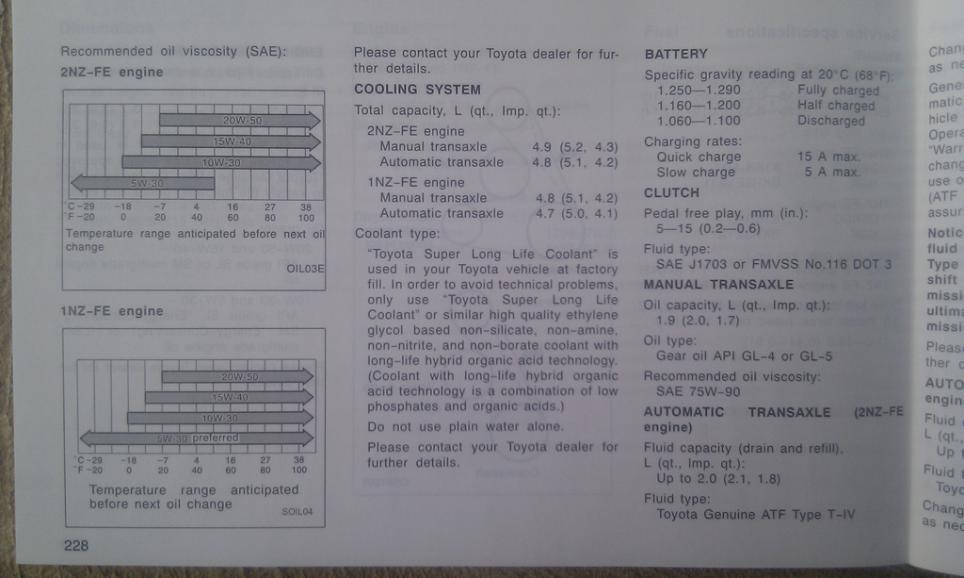Thinking about going to stg 1 and beyond in my mk5 GTI. But I'm trying to decide what to do in terms of regular oil changing.
Up to this date I have got the car serviced to manufacturer specifications i.e. every 15,000km and minor/major as per logbook. Before everyone jumps on and says change it every 10,000km or less, here is my question:
My car is a fairly heavy oil user (about 1L per 1500km on rough calculations), which I suspect might be due to the way it was driven by the first user?!! So I'm topping up the oil every 3000km or so with fresh oil.
Now, if I'm adding new oil at this frequency does this lower the need to change the oil out of the car completely before the 15,000 VW recommendation? Or is that oil just added to the old oil in the sump and therefore become "dirty" as well? Looking for considered responses, rather than people's preferences if possible, because I know everyone has a slightly different personal opinion about changing their oil
Up to this date I have got the car serviced to manufacturer specifications i.e. every 15,000km and minor/major as per logbook. Before everyone jumps on and says change it every 10,000km or less, here is my question:
My car is a fairly heavy oil user (about 1L per 1500km on rough calculations), which I suspect might be due to the way it was driven by the first user?!! So I'm topping up the oil every 3000km or so with fresh oil.
Now, if I'm adding new oil at this frequency does this lower the need to change the oil out of the car completely before the 15,000 VW recommendation? Or is that oil just added to the old oil in the sump and therefore become "dirty" as well? Looking for considered responses, rather than people's preferences if possible, because I know everyone has a slightly different personal opinion about changing their oil






Comment